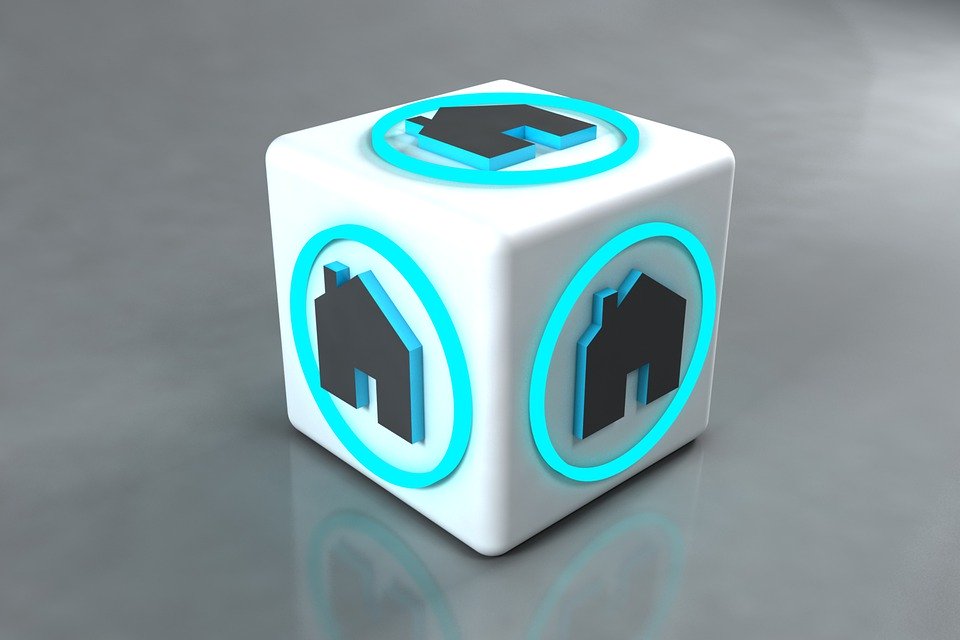Over the past two decades, technology has changed the way people live. We watch Netflix and Hulu just as much as we watch traditional TV; almost everyone banks online now; a variety of apps help us send money, order takeout, and communicate with one another. However, one industry that’s been very slow to adapt to the new landscape is real estate. Real estate has been a persistently local, face-to-face, and paper-heavy industry.
The real estate industry has been ripe for innovation for over a decade. This industry has always been slightly conservative. States regulate brokers and agents, so scaling up innovations has been one challenge. Real estate is a very in-person, relationship-based business. However, in recent years, university projects at schools like MIT have put a great deal of time and energy into finding ways to disrupt this conservative industry. Now, finally, changes are starting to happen. Companies like Zillow are changing the way people get information about the real estate market. They even offer 3-D tours of properties. Now, home buyers and prospective renters can do their legwork online.
The way the homes being bought and sold are constructed is also starting to change. Startups like Katerra are making modular construction ever more possible and affordable. There’s a massive trend in sustainability, too. Companies like Amazon are looking for ways to cut construction times and ensure homes are durable and affordable. On the commercial side, hotel companies like Marriott are experimenting with modular construction, too. That company is building the tallest modular hotel in the world in New York City.
Finally, real estate is edging towards paperless-ness. It has taken a very long time for this industry to “go green.” Instead of the voluminous paper contracts that must be signed and initialed in several places, e-signatures are starting to become more accepted. Companies like DocuSign and Dotloop are making it faster and more affordable to sign and process all the documents associated with real estate transactions. Apps deliver documents much quicker. Platforms like Notarize also make it easy to get documents notarized remotely. This can save a lot of time and money for all parties involved in a real estate transaction.

